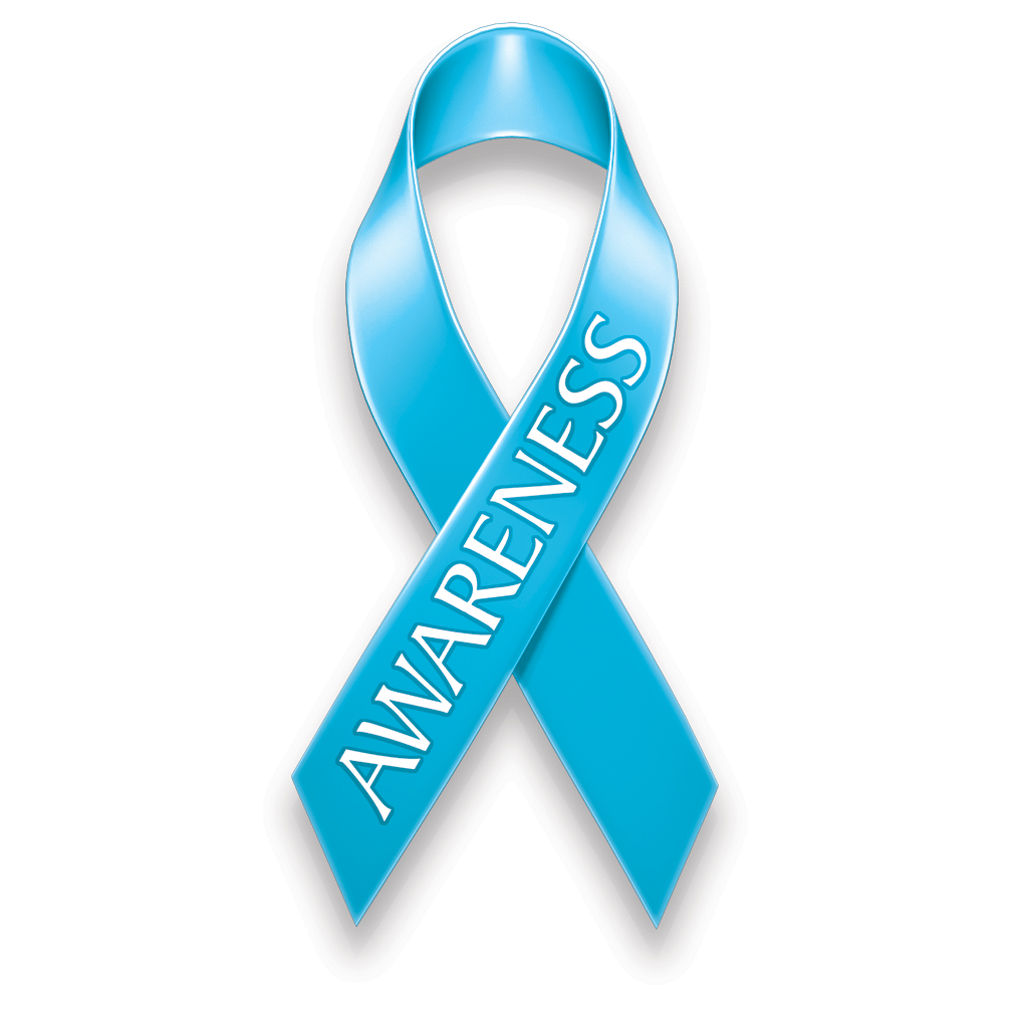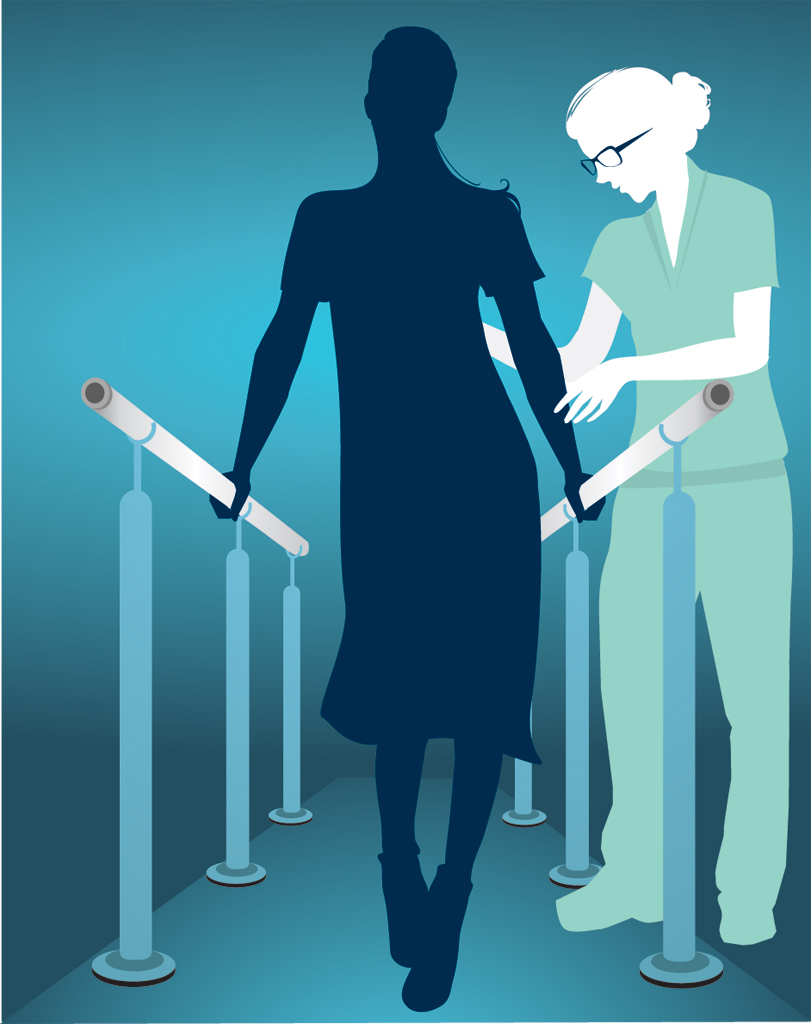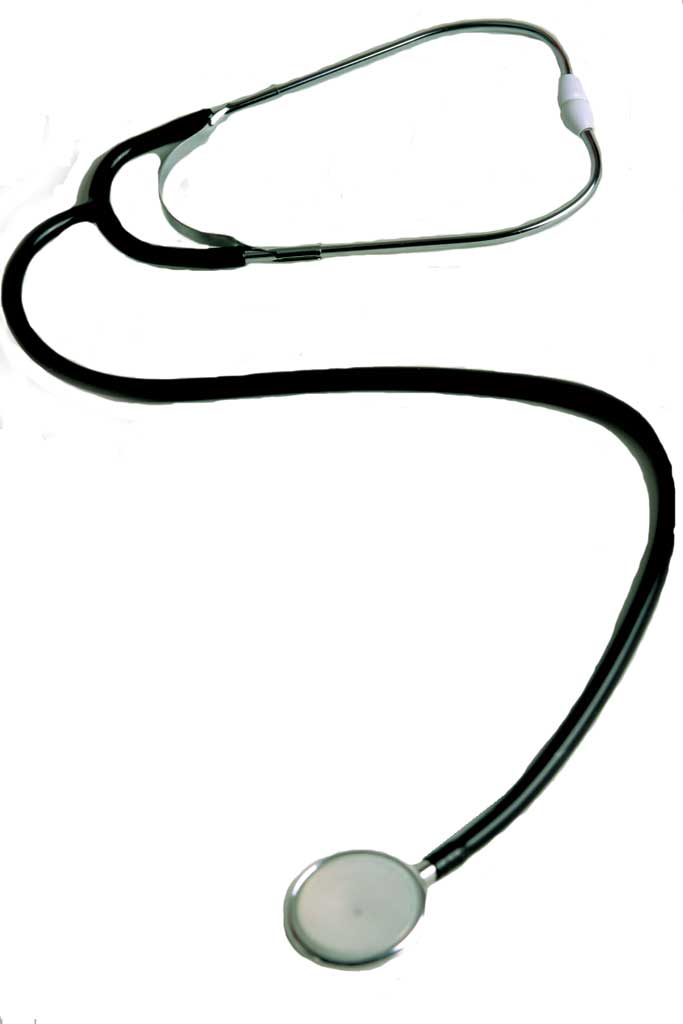Tag: Health Matters
-
Health Matters 7/23: Regaining Control with the Help of Self-Compassion
By Sarah Carstens, LCSW, LCADC The COVID-19 pandemic has turned countless lives upside down. For women in particular, it has added numerous challenges and stressors to an already heavy load, while making their traditional social outlets less available. And it has taken a toll on their mental health. In fact, according to a study released…
-
Health Matters 7/23: Regaining Control with the Help of Self-Compassion
By Sarah Carstens, LCSW, LCADC The COVID-19 pandemic has turned countless lives upside down. For women in particular, it has added numerous challenges and stressors to an already heavy load, while making their traditional social outlets less available. And it has taken a toll on their mental health. In fact, according to a study released…
-
Health Matters 7/16: Colorectal Disease & Surgical Treatment Approaches
By Liam R. Smith, MD, FACS, FASCRS Millions of people throughout the United States are diagnosed with some form of bowel disease each year, according to the Centers for Disease Control and Prevention. These diseases range from diverticulitis and rectal prolapse to colorectal cancer, and can lead to serious health complications that, in some cases,…
-
Health Matters 7/7: Celebrating 50 Years of Mental Health Care in Central New Jersey and Beyond
By Peter Thomas, PhD When Penn Medicine Princeton House Behavioral Health first opened its doors in July 1971, the way mental health care was delivered was dramatically different than it is today. Treatment for behavioral health conditions, such as depression, anxiety and substance use, typically involved an extended stay in the hospital—normally at least a…
-
Health Matters 7/2: The Benefits of Lung Cancer Screening
By John A. Heim, MD By the time lung cancer causes symptoms, such as a chronic cough or difficulty breathing, the disease is usually in an advanced stage when it is more difficult to treat. However, when detected early, lung cancer can often be treated, and in many cases, cured. If you think you are…
-
Health Matters 6/11: Physical Therapy Plays Key Role in Osteoporosis Treatment
By Sangita Verma, PT, DPT, MBA, GCS According to the National Osteoporosis Foundation, 1 in 2 women and up to 1 in 4 men over age 50 will break a bone because of osteoporosis. Often, that will be the first time they learn that they have the disease. Commonly referred to as a silent disease…
-
Health Matters 5/28: Late Night Heartburn Could Be Gallstones
By Tomer Davidov, MD If heartburn keeps you up at night or strikes a few hours after a rich meal, the problem may not be acid reflux. It may actually be gallstones. Gallstones affect an estimated 10-15% of the U.S. population, according to the National Institutes of Health (NIH), and can lay dormant for years…








